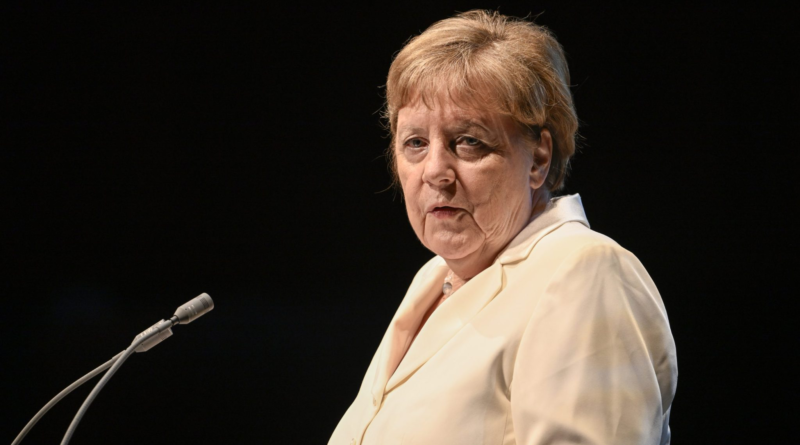Angela Merkel, once celebrated as one of the world’s most popular politicians, now faces growing scrutiny over her legacy
Former German chancellor Angela Merkel was still one of the world’s most popular politicians when she retired in 2021, but critics are increasingly questioning her legacy ahead of the release of her memoirs.
“Freedom”, co-written by Merkel and her longtime political adviser Beate Baumann, will be published in 30 languages on Tuesday just as Germany grapples with a deep political crisis ahead of snap elections in February.
The contents of the 736-page book have been a closely guarded secret but are expected to shed new light on the four terms in office between 2005 and 2021 during which she was the world’s most powerful woman.
But with Europe’s biggest economy in disarray since she left office, critics have already rounded on Merkel ahead of the publication date.
In a book titled “The Illusion”, Eckart Lohse, a journalist for the Frankfurter Allgemeine Zeitung newspaper, said Merkel, 70, had “left behind a country full of unfinished business”.
In another stinging analysis, The Economist recently commented that “16 years of no reforms are taking a toll on Germany and Europe”.
Comments like these show how much public opinion has turned on Merkel since 2021, when her image was still “very positive overall”, researcher Marie Krpata, an expert on German politics, told AFP.
In an interview with the Tagesspiegel newspaper, political scientist Wolfgang Schroeder said two major things have shifted the landscape in Germany since Merkel retired: the war in Ukraine and “the collapse of the export-oriented economic model”.
Dilapidated infrastructure
As a result, Germany, long a driver of European growth, was the world’s only major advanced economy to shrink in 2023 and is expected to contract again this year, by 0.2 percent.
Germany is also increasingly suffering from “dilapidated infrastructure… in the transport sector, such as railways, but also in the digital sector, schools and kindergartens”, Krpata said.
While the Merkel era was marked by stability — much prized among German voters — according to her critics this often turned into stasis.
It’s not for nothing that Merkel inadvertently coined the term “merkeln” — to put off a decision for as long as possible.
On foreign policy, The Economist said Merkel had “left the country with a now-famous trifecta of dangerous dependencies: unable to defend itself without America, struggling to grow without exporting to China, relying on Russian gas to keep its industry going”.
Specifically, Merkel’s government backed the Nord Stream 2 gas pipeline even after Russia annexed Crimea in 2014, a decision now widely regarded as a mistake in light of Russia’s invasion of Ukraine.
‘What the majority expected’
But this decision was “in line with the expectations of the German business community, which were strongly expressed at the time”, Norbert Lammert, a former lawmaker for Merkel’s Christian Democratic Union (CDU) party, told AFP.
Public opinion was also an important factor in other controversial decisions made by Merkel, Lammert said — such as weaning Germany off nuclear energy after the Fukushima disaster in 2011.
It was also the main driver behind her decision to leave Germany’s doors open to hundreds of thousands of migrants in 2015.
Merkel always “did pretty much exactly what the majority expected of her”, Lammert said.
The huge influx of migrants in 2015 helped fuel the rise of the far-right Alternative for Germany (AfD), which entered parliament for the first time two years later.
The AfD is now polling in second place ahead of February’s snap election, behind only Merkel’s conservatives under their new leader Friedrich Merz.
The government of Social Democrat Chancellor Olaf Scholz, once a minister in Merkel’s cabinet, has extended border controls and curbed benefits offered to asylum seekers.
Merz meanwhile has pledged to reform Germany’s constitutionally enshrined “debt brake”, fiercely defended by Merkel during her time in power.
But Merz “would risk losing the loyalty and approval of a large part of his own party if he wanted to distance himself” from Merkel, according to Lammert.




